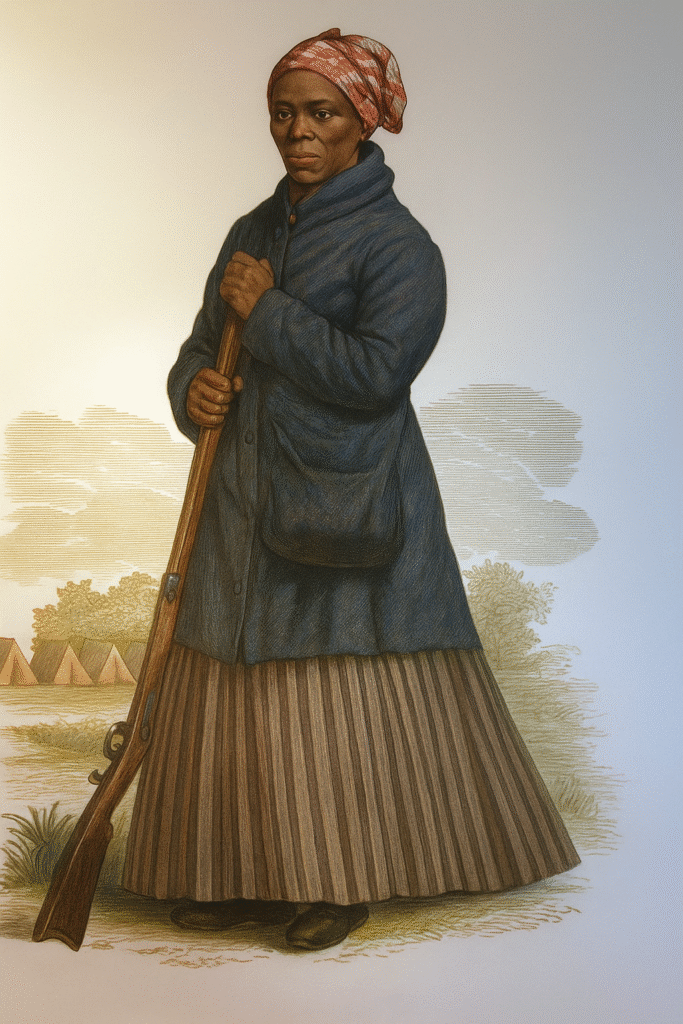
Throughout history, women have worked in the shadows of war — not just as nurses, wives, or victims, but as agents, couriers, code-breakers, and saboteurs. The American Civil War was no exception. While armies marched and generals plotted, women on both sides of the conflict operated covertly, often hiding in plain sight.
In The Americans of Abercromby Square, I imagined what such a life might look like for a young woman in Liverpool — caught between Union loyalty and Confederate intrigue. But her story, though fictional, is rooted in real, often forgotten histories.
Secrets Sewn in Petticoats
Women made ideal spies precisely because society underestimated them. In both the Union and the Confederacy, female operatives passed messages in sewing kits, wore coded ribbons, smuggled dispatches in their undergarments, and listened carefully to drunk officers at society parties.
Some were loyal wives helping their cause; others were acting out of ideology, adventure, or survival. All risked imprisonment or worse if discovered.
One of the most famous was Rose O’Neal Greenhow, a Washington socialite who charmed her way into the inner circles of power — then fed secrets to the Confederate government. Another, Harriet Tubman, used her knowledge of terrain and enemy positions to lead raids and rescue missions, making her the only woman in U.S. history to lead a military expedition.
British Connections: The Liverpool Link
Britain was officially neutral during the war, but cities like Liverpool were far from impartial. With Confederate agents operating in the port, and ships like the CSS Alabama built in local yards, Liverpool became a hub of transatlantic espionage.
In such a volatile setting, a woman in a wealthy household could become a perfect intermediary. She might host American guests, intercept letters, or relay coded messages disguised as gossip or poetry. No one would suspect the young lady arranging flowers in the drawing room to be passing on naval coordinates.
That’s the tension I explored in The Americans of Abercromby Square — a young woman discovering that silence is its own kind of complicity. Her choice to speak, act, and betray convention becomes a revolutionary act.
Spies, Then and Now
The legacy of female espionage in the Civil War reminds us that intelligence is often invisible. It’s passed in glances, concealed in lace, encoded in love letters. Women’s contributions were rarely rewarded and often erased — but their work changed the course of battles and the fates of nations.
As a historical novelist, I write to recover those stories — to give them shape, breath, and consequence.
Want More Stories Like This?
As a historical novelist, I write to recover those stories — to give them shape, breath, and consequence.
📘 Water Street – A famine orphan’s journey from Ireland to Liverpool’s dark underbelly.📗 The Americans of Abercromby Square – Spies, secrets, and split allegiances in a Liverpool mansion during the American Civil War.
👉 Learn more at: www.authorjohnmaxwell.com
🔖 Hashtags for Sharing and SEO:#WomensHistory #FemaleSpies #CivilWarHistory #HistoricalFiction#LiverpoolHistory #EspionageFiction #TransatlanticHistory#TheAmericansOfAbercrombySquare #WaterStreetBook